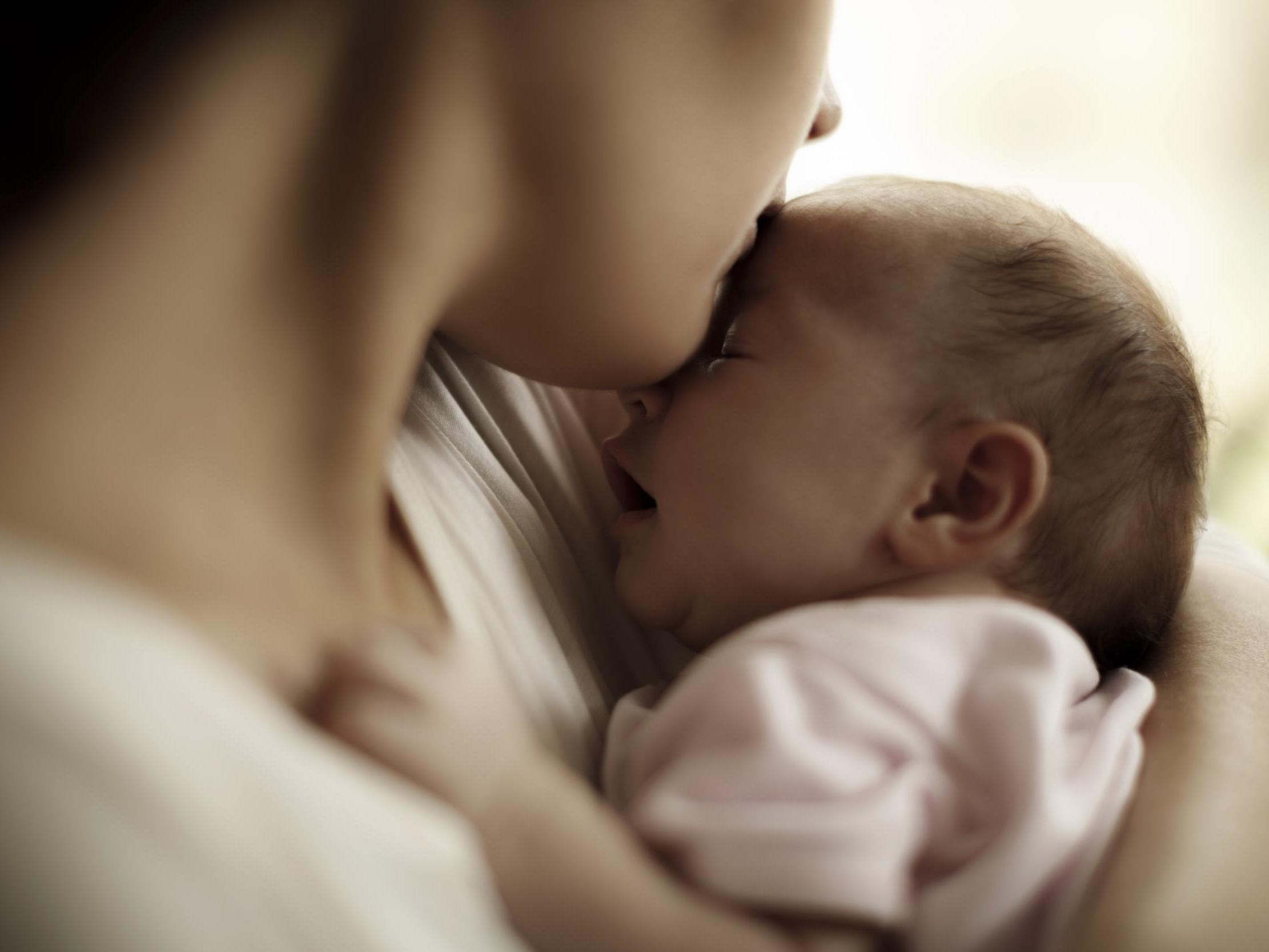I've suffered from postpartum depression myself — but when I heard the FDA approved a new wonder drug, I didn't feel relieved
This is a medication which costs $34,000, according to its own manufacturer, and which insurers have yet to evaluate. Will anyone except the wealthy realistically get to access it?

Your support helps us to tell the story
From reproductive rights to climate change to Big Tech, The Independent is on the ground when the story is developing. Whether it's investigating the financials of Elon Musk's pro-Trump PAC or producing our latest documentary, 'The A Word', which shines a light on the American women fighting for reproductive rights, we know how important it is to parse out the facts from the messaging.
At such a critical moment in US history, we need reporters on the ground. Your donation allows us to keep sending journalists to speak to both sides of the story.
The Independent is trusted by Americans across the entire political spectrum. And unlike many other quality news outlets, we choose not to lock Americans out of our reporting and analysis with paywalls. We believe quality journalism should be available to everyone, paid for by those who can afford it.
Your support makes all the difference.This week, the FDA announced approval for the first ever postpartum depression drug available in the US. Brexanolone, which is said to work within a day or two of an IV infusion, is being touted as a massive improvement over previous options and a huge relief for expectant mothers.
While I read of this miracle cure, I thought about my own time as a young mother with a newborn. I was crestfallen with despair when I found I could barely cope. The stigma surrounding depression weighed heavily on me, and, as a single mother with few financial resources and no supportive family, some obstacles felt almost insurmountable to me.
Yesterday’s news, then, should have felt uplifting. It should have felt like a shaft of light finally appearing after a long, dark storm.
But it didn’t.
I’d just returned from a trip to London when the news hit, where I had heard such uplifting things about the accessibility of healthcare via the NHS. I returned back to sunshine in my home state of California — only for a downpour of figurative rain to suddenly wash over me. I was reminded, in short, of some of the dark truths of “the American Dream.”
Americans like me (in particular in California) are told that we should feel lucky to come home to things like accessibility to medicinal cannabis, or world-leading new treatments in shiny private hospitals. During my trip to London, many British people spoke to me with positivity and admiration for the US healthcare system. Yet so many Americans watch the rest of the world with sadness as other countries’ citizens access equal treatments and care options without price tags, complicated insurance policies and, in some cases, a lack of financial ability to continue receiving simple, life-saving drugs like insulin.
Have depression? Is it from having a child? Well unless you’re an affluent person who can afford the $20,000 or more expensive treatments sitting in a hospital with an IV in your arm for days, that’s just a dream — even if it is someone else’s wealthy, beautiful reality.
American newspapers today show a photo of a white woman who received the drug during the trial, and who says she benefited within 18 hours. She’s the type of candidate who will most likely be able to receive brexanolone in future. This is a medication which costs $34,000, according to its own manufacturer, and which insurers have yet to evaluate. It’s unclear whether young mothers without wads of cash will be able to access such relief — or whether the existence of such a brilliant fix will drive another wedge between rich and poor parents.
Mothers like me who have dealt with postpartum depression have had to find other ways to cope. When my last child was born, the condition was discussed, but only in jest. I fondly recall a nurse writing “divorced husband, got better” in my notes after we discussed how I personally overcame it. But let’s face it: this issue is far from a joke.
“Give me your tired, your poor, your huddled masses yearning to breathe free,” the Statue of Liberty tells us. But the real-life caveat is: don’t give us healthcare unless we’re affluent. Don’t give us the ability to be free of a weight of sadness after bearing children. Don’t give us freedom from stigma or freedom from the possibility of having our children removed due to our actions in the midst of postpartum depression.
This is the reality of the American Dream today. When poor Americans like me live that reality, how can medical breakthroughs ever give us cause for happiness?
Join our commenting forum
Join thought-provoking conversations, follow other Independent readers and see their replies
Comments